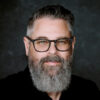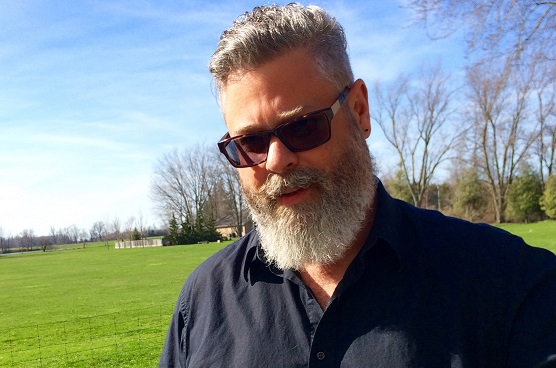I believe every human being has a divine call. This divine call is more explicit than the generic “call to ministry” associated with the clergy. It’s a specific expectation God has given each person to fulfill.
Rabbi Abraham Joshua Heschel wrote: “Over and above the din of desires there is a calling, a demanding, a waiting, an expectation. There is a question that follows me wherever I turn. What is expected of me?. . . With every child born a new expectation enters the world. This is the most important experience in the life of every human being: something is asked of me.”
Most of us don’t know what our divine call is. It’s revealed when we’re ready. Our preparation usually requires a long inner journey of healing and transformation. Some children and teenagers feel a sense of call, but the clarity of our divine call typically comes later in life. (Mine came at the age of 43, after 17 years in pastoral ministry.)
The clarity of divine call deeply and profoundly liberates us. It unleashes us to make a difference in the world without feeling we are responsible to solve all of the world’s problems.
You and I are bombarded with the needs, problems, trauma and pain of others, like never before in history. With 24-hour news cycles, we’re constantly updated on every atrocity, tragedy and injustice that occurs in the world. We’re overwhelmed with requests to give, help and serve. It feels like every 10 minutes we’re invited to contribute to another charity or become involved in another worthy cause.
As a result, many caring people are experiencing compassion fatigue, vicarious trauma and burnout. Many of us tarry on, feeling guilty because we should probably give and help more. Sometimes we numb ourselves to the plight of others and become indifferent to the pain and suffering around us, in order to retain our sanity. We can even become bitter and resentful when confronted with other people’s problems. After all, we have problems too. We have needs and issues in our own lives, families and local communities that we can barely keep up with. We don’t want to be selfish, but some days we’re barely holding on and have nothing left to give. Yet so many of us repeatedly fall into the trap of running ourselves ragged trying to save the world while becoming increasingly disconnected from our loved ones and our own souls.
What good is it if you help the whole world and lose your own soul?
You can’t solve all of the world’s problems. You’re not supposed to. But you can help solve one or two problems in the world, and that is where the clarity of divine call comes in. It identifies the one or two particular expectations you’re responsible to fulfill. It also clarifies what you aren’t responsible for, namely, everything else!
It can be difficult to accept that I’m not ultimately responsible for the needs and problems of others. As a Christian, I believe the needs of others are shared with the whole body of Christ, therefore I have a responsibility to help. However, the responsibility to care for the needs of others is also shared by the whole body of Christ, and is not my responsibility alone. It’s my ego-driven individualism that hinders me from focusing on my limited part of the “whole-body solution”. When I see a need, it’s easy to assume that if I don’t do something, nobody will. But I need to remember that every other human being has a divine call, too. Not just me.
There is one body, but many parts. There is one Spirit, but many gifts. There is one solution to the world’s problems and that solution is everyone fulfilling the unique expectation(s) God has placed upon our lives. I wonder if the same principle applies to churches and denominations.
One of the things that gets me into trouble is running around getting involved in areas outside of the particular expectations of my divine call. When I do this, I tend to neglect the few things God has specifically called me to do, while becoming a pain in the neck for people who have been called to do the things I keep interfering and messing with. The key is to focus on the unique “specialization” of my call. If we all did that, we’d be the “whole-body solution” that God intends us to be.
Discover your call. Fulfill your call. And trust that God has called others to take care of the problems and needs God hasn’t called you to take care of.
Troy Watson is pastor of Avon Mennonite Church, Stratford, Ont.








Leave a Reply
You must be logged in to post a comment.